Ilumya (tildrakizumab) is a prescription medication used to treat moderate to severe plaque psoriasis in adults who are candidates for systemic therapy or phototherapy. It is a monoclonal antibody that works by blocking the p19 subunit of interleukin-23 (IL-23), a cytokine that plays a key role in the development and progression of psoriasis.
Uses
Ilumya is used to treat moderate to severe plaque psoriasis in adults. Plaque psoriasis is a chronic autoimmune disease that causes red, scaly patches of skin to form. Ilumya can help to clear these patches and improve the appearance and comfort of the skin.
Storage Conditions
Ilumya should be stored in the refrigerator at 36°F to 46°F (2°C to 8°C). Do not freeze. Ilumya can be kept at room temperature for up to 24 hours.
Mechanism of Action
Ilumya is a monoclonal antibody that binds to the p19 subunit of IL-23 and blocks its interaction with the IL-23 receptor. IL-23 is a cytokine that plays a key role in the development and progression of psoriasis. By blocking IL-23, Ilumya can help to reduce inflammation and improve the symptoms of psoriasis.
How to Use
Ilumya is administered by subcutaneous injection every 12 weeks. The recommended dose is 100 mg. Ilumya should be injected by a healthcare professional.
Important Safety Information
Ilumya can increase the risk of serious infections, including tuberculosis. Before starting Ilumya, your doctor will test you for tuberculosis. Ilumya can also reactivate latent tuberculosis infection.
Ilumya can also increase the risk of other side effects, such as:
- Allergic reactions
- Inflammatory bowel disease (IBD)
- Psoriasis worsening
- Injection site reactions
- Upper respiratory tract infections
- Headache
- Diarrhea
- Nausea
- Fatigue
Indications
Ilumya is indicated for the treatment of adults with moderate to severe plaque psoriasis who are candidates for systemic therapy or phototherapy.
Precautions
Ilumya should be used with caution in patients with a history of serious infections, tuberculosis, IBD, or other autoimmune diseases.
Ilumya should not be used in patients who have a history of severe allergic reactions to Ilumya or other biologic medications.
Interactions
Ilumya may interact with other medications, including live vaccines and biologic medications. Be sure to tell your doctor about all of the medications you are taking before starting Ilumya.
Contraindications
Ilumya is contraindicated in patients with a history of severe allergic reactions to Ilumya or other biologic medications.
Overdose
There is no known overdose of Ilumya.
Side Effects
The most common side effects of Ilumya are upper respiratory tract infections, headache, diarrhea, nausea, fatigue, and injection site reactions.
More serious side effects of Ilumya include serious infections, IBD, psoriasis worsening, and allergic reactions.
If you experience any side effects while taking Ilumya, be sure to tell your doctor.

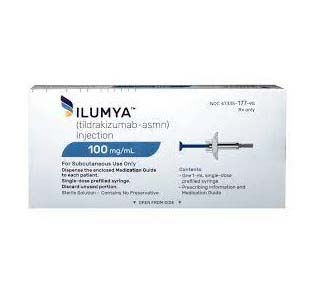

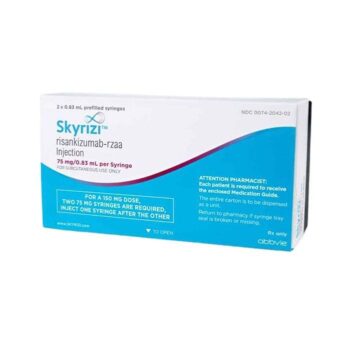
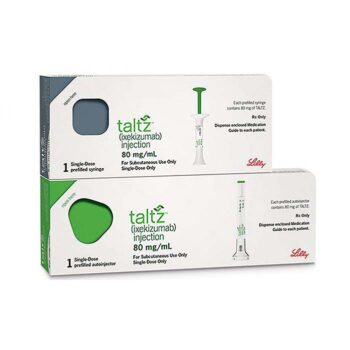
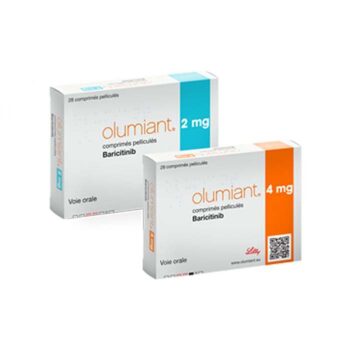
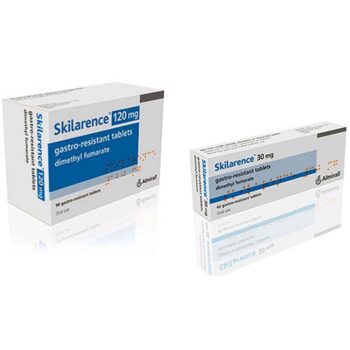



Reviews
There are no reviews yet.